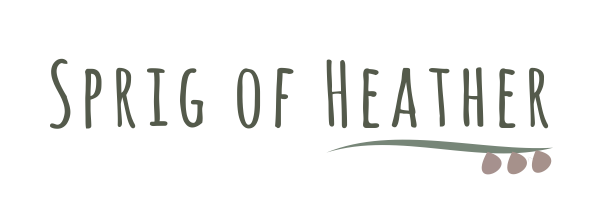Tourism translation and Maslow’s hierarchy of needs
Maslow and the pyramid
If you’ve ever studied anything to do with customer motivation (or, in fact, psychology in general), then you’ve probably come across Maslow’s hierarchy of needs (or ‘that pyramid diagram’). Formulated by US psychologist Abraham Maslow, it’s a motivational theory that sets out a five-tier model of human needs and how they affect our actions and decisions. The theory is often displayed as a pyramid or mountain diagram, as below. At the base of the pyramid are the most fundamental needs. These are the foundation for everything else. Once these most important needs are met, then those higher up the pyramid can be explored.
Maslow's Hierarchy of Needs
Maslow’s pyramid and your tourism business
We can immediately see how the ‘pyramid’ can apply to tourism businesses. If it’s not completely clear to our potential customers how their most basic needs (accommodation, food, safety) will be met, then they obviously won’t book with us at all. Once that is clear, it’s the businesses that can address the needs higher up the pyramid who will provide the differentiating factor that gives them a marketplace advantage.
language
Has it ever occurred to you how much of a role language plays in meeting customer needs? You could be providing the perfect tourism experience, but if you’re not communicating this to the customer in clear language that rings true and that they can trust, then much of your valuable advantage is lost.
This applies in your own language - making sure that everything is clear and error-free - and in any other languages you use in your business.
If you’re planning to have your business information translated, you can use Maslow’s needs hierarchy to plan your priorities.
LEVEL 1: physiological needs
Use translation to reassure potential customers about the fundamental aspects of their stay. Make sure they can easily access information about:
accommodation
What’s in the rooms?
Are there tea/coffee making facilities?
What size is the bed?
Is there an iron, a hairdryer, etc.?
what they’ll eat
Is breakfast included?
Are vegetarians/vegans catered for?
Can you deal with other dietery requirements (e.g. gluten-free, religious requirements)?
Do your menu translations make sense?
Do they include useful extra information for overseas visitors (e.g. the cook of the meat, the provenance of the food)?
image of croissants and jam
cultural information
Making sure that your visitors understand local customs is vital to helping them feel comfortable. For example, in many countries, saying that breakfast “ends at 10am” means that you can sit down at 9.59am and start eating. In others, it means that all the food will be taken away and the restaurant doors closed on the dot of 10. Making this kind of information clear saves your guests from potential embarrassment and disappointment and saves you from having to deal with an awkward sitaution.
LEVEL 2: SAFETY And security NEEDS
With the exception of a small, adventure-seeking section of the population, we don’t generally plan holidays in destinations that we think are unsafe. Financial security (including not being swindled out of our money) also forms part of our safety needs.
information and policies
Customers will feel much more confident about booking if they can read information translated into their own language:
booking terms and conditions on your website
clear signage (fire procedures, Covid-19 safety measures)
information regarding the local area
clear pricing with no hidden extras.
LEVEL 3: BELONGING
Have a scroll through TripAdvisor or a similar site and you’ll see that some of the most effective reviews talk about the ‘warm welcome’ a visitor received or, conversely, the total lack of care and attention that they felt.
Use translations to create a welcoming experience that your guests will want to share.
Taking the trouble to communicate in someone’s language makes it clear that you want to welcome them.
NB: small touches (such as having the wifi instructions available in other languages) help to foster that important sense of belonging.
NB:
Small touches, such as having the wifi information available in other languages, help to create that important welcome and sense of belonging.
level 4: esteem
Once our physiological, safety and social needs are satisfied then other needs become important. Self-confidence and acceptance from others are key parts of ‘esteem’ needs. So, for example, providing that extra little bit of information in a customer’s language, may give them the boost of confidence that they need to explore a bit further and learn a bit more about the destination. This in turn fosters their self-confidence further and gives them a richer experience, leading to increased self-respect and esteem.
“I am not the same, having seen the moon shine on the other side of the world”
— Mary Ann Radmacher
level 5: self-actualization
Self-actualization refers to those esoteric moments of aesthetic appreciation when we’re completely lost in the present moment. Contemplating an interesting painting, admiring the beauty of the landscape, being caught up in music, etc. can all provide these moments. For a tourist, moments like this will be what they remember for years to come and what they most talk about to others. The more you can help your guests have experiences such as these, the more memorable their stay will be.



